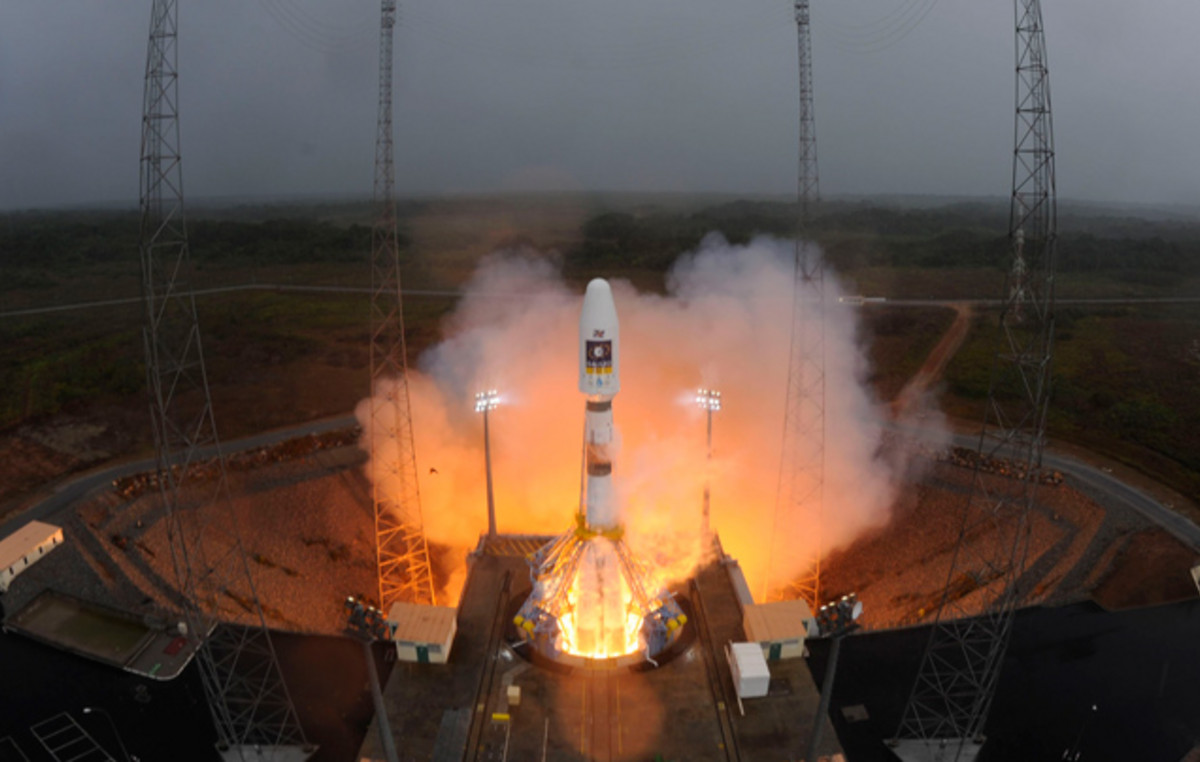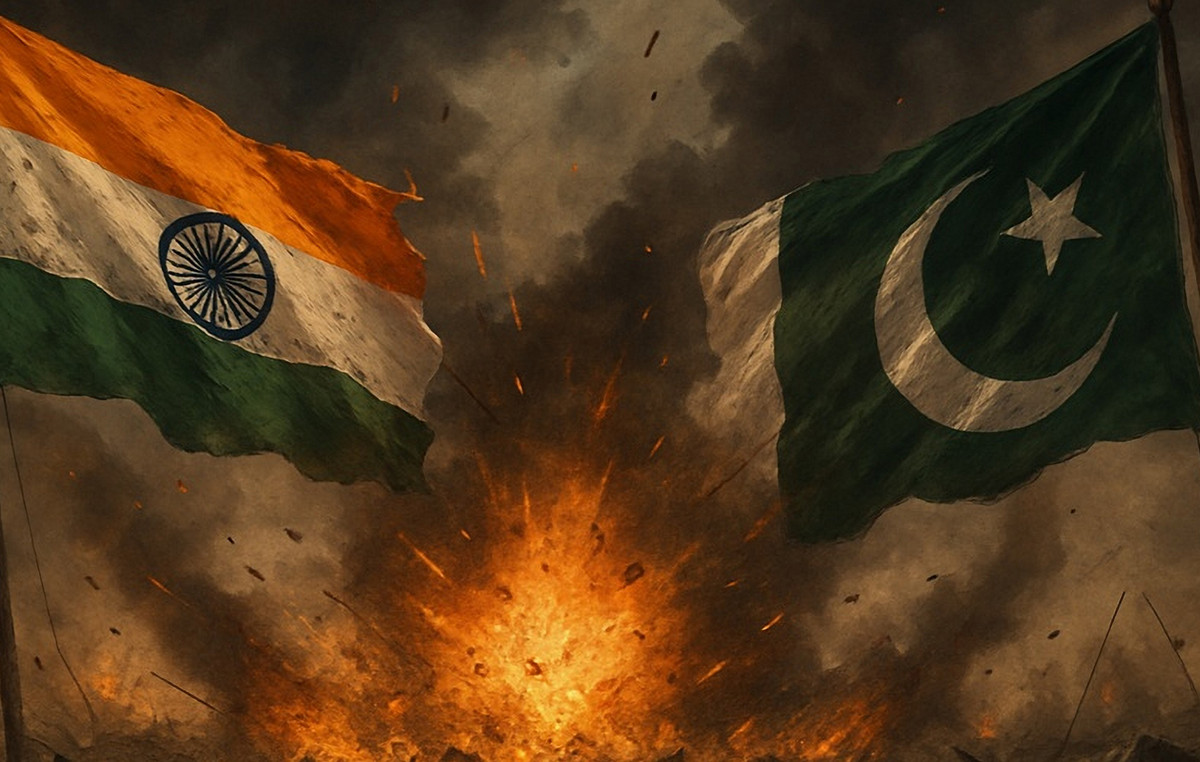Germany is expected to reduce natural gas consumption and increase coal burning to help fill gas storage facilities for the coming winter, German Economy Minister Robert Habeck announced Sunday, as the country moves away from reduced Russian gas supplies.
“The situation is serious,” Habeck said in a statement. “Therefore, we continue to reinforce precautions and take additional measures to reduce natural gas consumption. More gas must be put into the storage facilities, otherwise things will get really tight in the winter.”
Germany relies heavily on gas from Moscow to supply its homes and heavy industries, but it has managed to reduce Russia’s share of its imports from 55% to 35% since the start of the war in Ukraine.
Habeck said security of supply is currently assured, despite a “worse situation in the gas market” in recent days. The rise in prices was “Putin’s strategy to destabilize and divide us”, the minister said. “We will not allow this. We are striking back decisively, accurately and thoughtfully,” he said.
Despite Germany’s plans to phase out coal-based power production, Habeck, a Green Party politician in the center-left ruling coalition, announced a return to “coal-fired power plants for a transitional period” to reduce energy consumption. gas for electricity production.
“We are setting up a substitute gas reserve. That’s bittersweet, but it’s almost necessary in this situation to reduce gas consumption,” Habeck said.
Gas storage rules
The German economy ministry is preparing a “model gas auction to be launched this summer to encourage industries to save gas,” according to the press release.
In March, German lawmakers passed a gas storage law stipulating that gas storage facilities must be almost completely full at the start of the heating period to safely spend the winter.
“The levels have been specified for this purpose: by October 1st, storage facilities must be 80% full, by November 1st, 90%, and by February 1st, still 40%,” according to the law.
Currently at around 56% gas storage tanks are at an above average level in Germany compared to previous years.
“We must and will do everything we can to store as much gas as possible in the summer and fall. Storage facilities must be full by winter. That’s the top priority,” Habeck said.
In March, Putin threatened to cut gas deliveries to “hostile” countries that refused to pay in rubles rather than euros or dollars declared in contracts.
Since then, Russian state energy giant Gazprom has offered customers a solution. Buyers could make payments in euros or dollars to an account at Russia’s Gazprombank, which would then convert the funds into rubles and transfer them to a second account from which payment to Russia would be made.
But many European companies, including Shell Energy, refused to comply, prompting Gazprom to stop supplying natural gas to Shell’s German customers in June.
Last Thursday (16), Gazprom cut off the flow of gas through the Nord Stream 1 pipeline – a major link that carries gas from Russia to Germany – for the second time in just a few days, pushing up prices.
The Russian energy giant said it had reduced gas deliveries because the German company Siemens Energy had delayed the return of turbines that needed repairs. Siemens had taken the turbines to one of its Canadian factories for maintenance.
The company said in a statement that it was “impossible” to return the equipment to Russia because of the sanctions Canada imposed on the country for its invasion of Ukraine.
Source: CNN Brasil
I am Sophia william, author of World Stock Market. I have a degree in journalism from the University of Missouri and I have worked as a reporter for several news websites. I have a passion for writing and informing people about the latest news and events happening in the world. I strive to be accurate and unbiased in my reporting, and I hope to provide readers with valuable information that they can use to make informed decisions.







